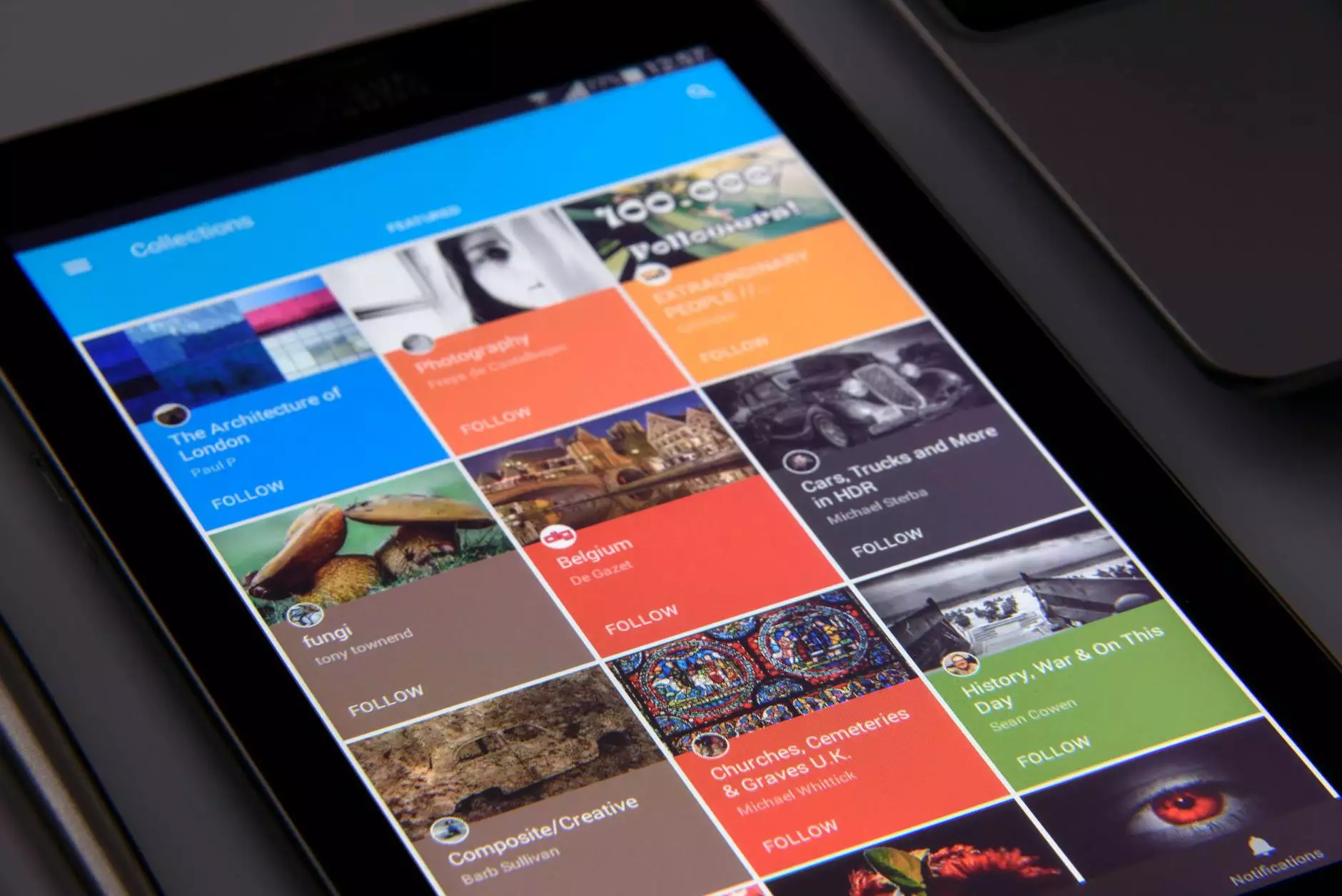Benefits of AI (Artificial Intelligence) in the Healthcare Sector
Blog
Welcome to Smartbiz Design, a leading provider of digital marketing solutions for businesses in various industries. In this article, we will delve into the extensive benefits of AI (Artificial Intelligence) in the healthcare sector. As technology continues to evolve, leveraging AI in healthcare has become increasingly crucial in improving patient care, enhancing diagnostics, and optimizing operational efficiency.
Enhanced Diagnostics and Predictive Analytics
AI applications have revolutionized diagnostics by enabling healthcare professionals to analyze vast amounts of data quickly and accurately. Machine learning algorithms can analyze patient data, medical records, lab results, and even genetic information to identify patterns and make accurate predictions. This helps in early detection, diagnosis, and treatment planning.
Early Detection of Diseases
A key advantage of AI in healthcare is its ability to detect diseases at an early stage. By continuously monitoring patient data and using AI algorithms, potential health issues can be identified before they manifest visibly. This allows for timely interventions and significantly improves patient outcomes.
Improved Precision Medicine
Precision medicine involves tailoring treatment plans to individual patients based on their unique characteristics. AI-powered algorithms can analyze genomic data and identify personalized treatment options, reducing trial and error approaches and potentially leading to more successful treatment outcomes.
Streamlined Administrative Tasks
AI can automate and streamline various administrative tasks in healthcare organizations, allowing healthcare professionals to focus on delivering quality care. By implementing AI-powered systems, tasks such as appointment scheduling, medical billing, and even prescription management can be handled more efficiently, reducing administrative burdens and improving patient satisfaction.
Efficient Hospital Operations
AI can optimize hospital operations by analyzing vast amounts of data to identify bottlenecks, streamline workflows, and improve resource allocation. Predictive analytics can help hospitals predict patient influx, enabling them to allocate resources effectively and deliver timely care. This reduces waiting times, enhances patient satisfaction, and improves overall operational efficiency.
Automated Documentation and Reporting
AI can automate documentation and reporting tasks, allowing healthcare professionals to spend more time interacting with patients rather than dealing with paperwork. AI-powered systems can transcribe medical notes, generate reports, and organize patient records, enhancing data accuracy and saving valuable time for healthcare providers.
Virtual Assistants and Telemedicine
AI-powered virtual assistants are transforming the way patients and healthcare providers interact. These intelligent assistants can provide personalized healthcare recommendations, answer commonly asked questions, and even deliver remote monitoring services. Virtual assistants enhance patient engagement and accessibility to healthcare services, especially in remote areas.
Enhanced Patient Engagement
Virtual assistants can engage patients proactively by sending appointment reminders, medication reminders, and personalized health tips. They can also gather patient feedback, monitor symptoms, and assist in medication adherence. These interactions help patients stay connected to their healthcare providers, improving overall patient engagement and health outcomes.
Telemedicine and Remote Monitoring
AI-powered telemedicine platforms enable patients to access healthcare services remotely. Patients can consult with healthcare professionals through video calls, receive diagnoses, and even get prescriptions without physically visiting a healthcare facility. Remote monitoring devices, combined with AI algorithms, can track vital signs and alert healthcare providers in case of abnormal readings. This facilitates timely interventions and reduces hospital admissions.
Improved Medical Research and Drug Discovery
AI has the potential to significantly accelerate medical research and drug discovery processes. By analyzing vast datasets, AI algorithms can identify patterns, predict treatment responses, and even aid in the discovery of new drugs. This expedites the development of innovative therapies, ultimately benefiting patients and advancing medical science.
Accelerated Drug Discovery
AI algorithms can analyze large databases containing millions of chemical compounds to identify potential drug candidates. By predicting their efficacy and safety profiles, AI expedites the drug discovery process, reducing costs and increasing the chances of finding viable treatments for various diseases.
Optimized Clinical Trials
AI can optimize clinical trial design by identifying suitable patient populations, predicting trial outcomes, and even suggesting personalized treatment plans for participants. This enhances the efficiency of clinical trials, reduces time-to-market for new treatments, and minimizes the risk of adverse events.
Conclusion
The integration of AI in the healthcare sector offers numerous benefits, ranging from enhanced diagnostics and predictive analytics to streamlined administrative tasks and improved patient care. Smartbiz Design is dedicated to providing cutting-edge digital marketing solutions to businesses in the business and consumer services sector, including those in the healthcare industry.
Contact us today to discover how our digital marketing expertise can help your healthcare organization leverage the power of AI and thrive in the ever-evolving digital landscape.










